The UK Government is launching a bold new strategy to combat rising extremism and online misogyny, treating them as serious threats to public safety. Here’s the full story.
Tackling Online Misogyny

The UK Government has announced a potentially groundbreaking shift in its approach to tackling extremism, with a specific focus on combating the extreme misogyny promoted by online far-right agitators like Andrew Tate, as part of a broader strategy to counter the spread of radical ideologies.
Rapid Review Planned

Yvette Cooper, the Home Secretary, unveiled plans for a rapid review aimed at identifying gaps in the current system and laying the groundwork for an updated counter-extremism strategy, following growing concerns about the rise of extremist ideologies, including far-right extremism, both on and offline.
Mapping Extremist Trends

According to Cooper, the review will “map and monitor extremist trends” and evaluate the effectiveness of existing measures to prevent radicalisation, disrupt spaces where extremists gather, and divert individuals away from extremist views.
Fabric of Democracy Threatened

Cooper stated, “For too long governments have failed to address the rise in extremism, both online and on our streets, and we’ve seen the number of young people radicalised online grow. Hateful incitement of all kinds fractures and frays the very fabric of our communities and our democracy. Action against extremism has been badly hollowed out in recent years, just when it should have been needed most.”
System Under Strain

Cooper’s fears that the system is unable to cope with the pervasive threat posed by the spread of extremist views were recently backed by Dame Sara Khan.
Fire and Populism

Khan was a counter-extremism expert and advisor on social cohesion under Rishi Sunak, Boris Johnson, and Theresa May and warned that the former Conservative government had been playing with fire by promoting views that, far too often, drifted uncomfortably close to far-right populism.
Gap in Legislation

Khan said to the Guardian, “The writing was clearly on the wall for some time. All my reports have shown, in a nutshell, that, firstly, these extremist and cohesion threats are worsening; secondly, that our country is woefully unprepared. We’ve got a gap in our legislation, which is allowing these extremists to operate with impunity. Previous governments have astonishingly failed to address these trends, and they’ve taken instead, in my view, approaches that have actually been counterproductive and actually just defy any logical rationale.”
Political Leadership Critical
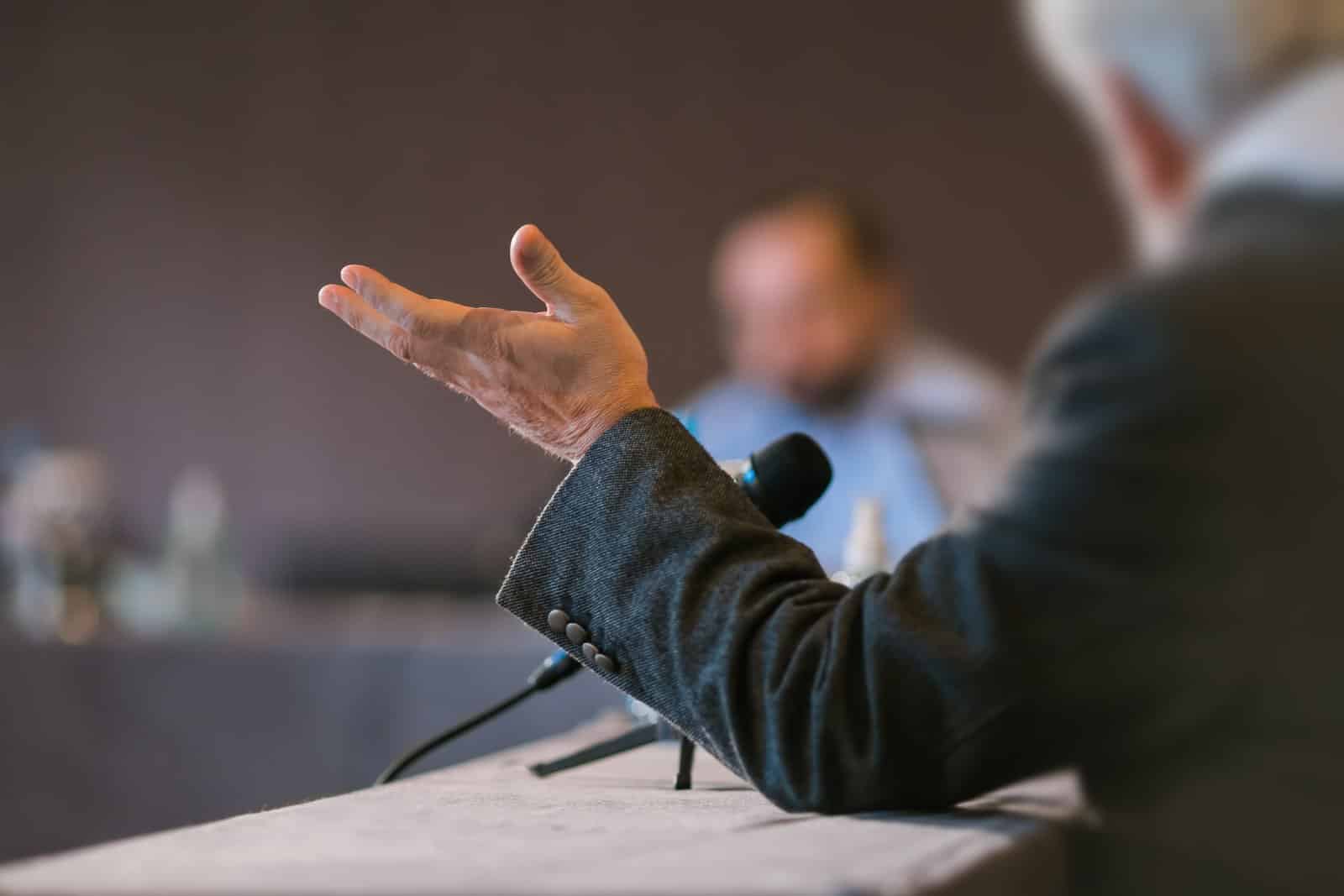
She added, “Political leadership is really important and how our politicians behave is really, really critical, because I’ve seen, and I’m sure other people have seen, politicians who have actually, indirectly or directly undermined social cohesion because they’ve used inflammatory language.”
Dehumanising Language

Similarly, Khan noted that Conservative politicians had, far too often, been willing to use “dehumanising language” against asylum seekers and refugees, and those same attack lines were then used by the far-right to stir up racial hatred.
Politicians Set Example

She stated, “By using that language, you just see extremists co-opting that. You see people saying, well, if politicians can use that language, why can’t we?”
Riots Follow False Claims

Though she spoke out during the recent far-right riots, which followed the tragic murder of three young girls in Southport, Khan’s warning was, unfortunately, too late to prevent the violence from spreading after false claims spread online that an asylum seeker was behind the attack.
Misogyny as Extremism
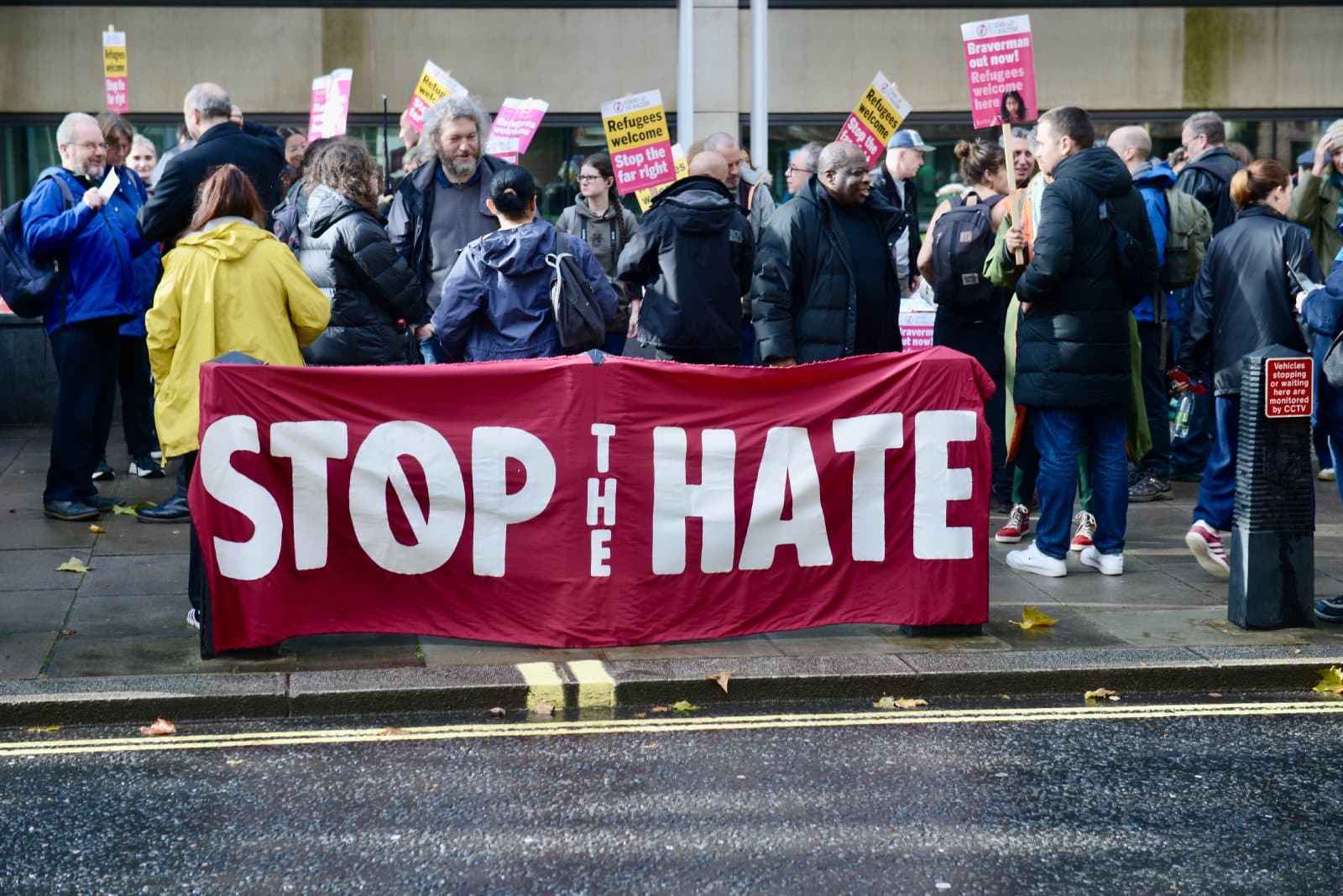
However, the far right is not the only target of the new Home Office strategy, with extreme misogyny being added as a form of extremist ideology.
Addressing Online Misogyny
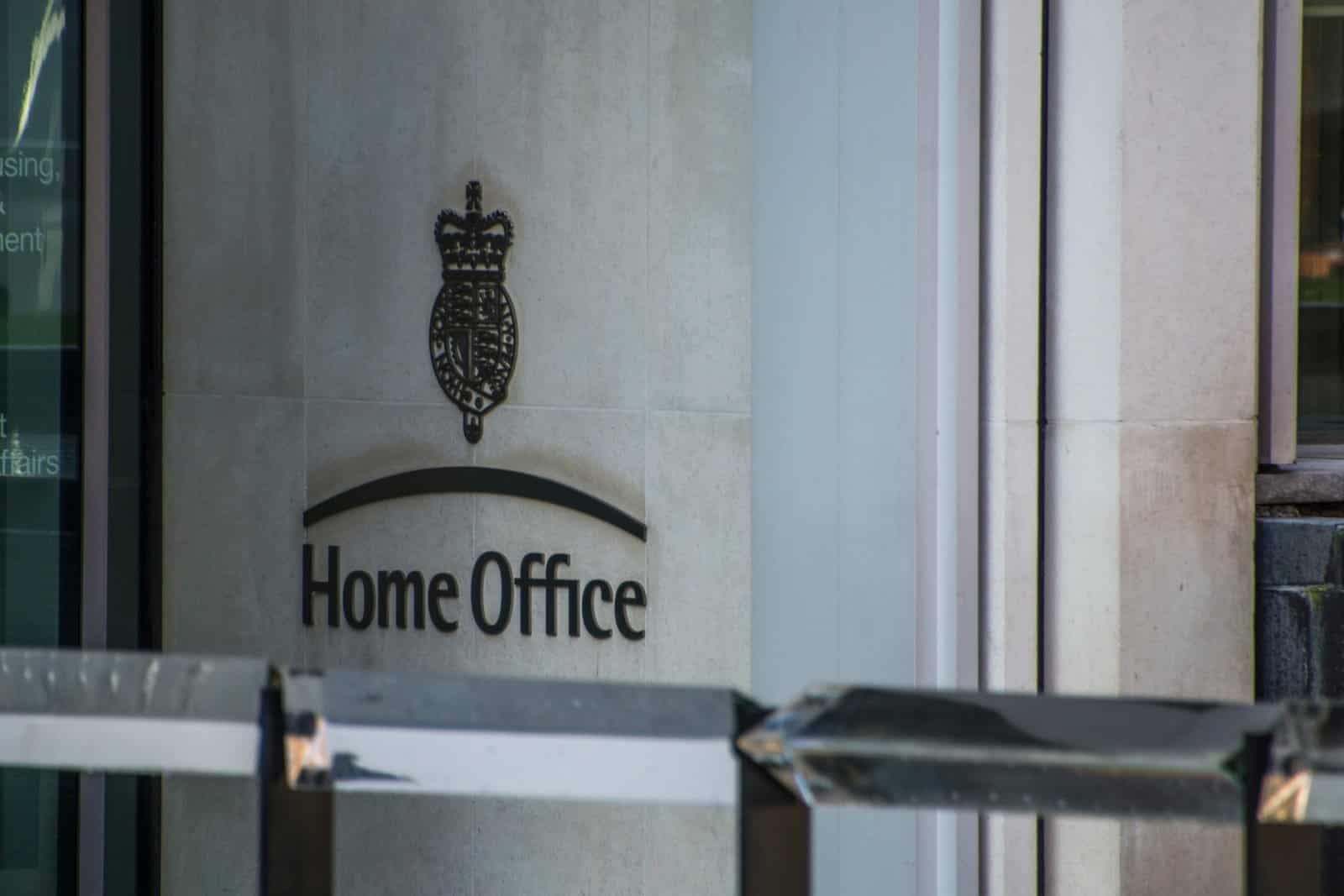
Home Office Minister Jess Phillips, who has herself frequently been the victim of misogynistic attacks online, waved away concerns that the new strategy would damage the right to free speech, stating, “The National Police Chiefs’ Council (have) concerns about the growing rise in misogynistic attitudes among young men, largely because of online content they’re seeing. This isn’t about criminalising people who are showing signs of an ideology, it is about preventing that ideology, and this piece of work the Home Secretary has announced today is about looking at the gaps.”
Growing Online Threat

She added, “People can hold views about women all they like, but it’s not OK any more to ignore the massive growing threat caused by online hatred towards women and for us to ignore it because we’re worried about the line, rather than making sure the line is in the right place as we would do with any other extremist ideology.”
Social Media’s Role

One of the critical challenges identified in combating extremism, particularly misogyny, is the role of social media and the accessibility of extremist content online, with Phillips noting that social media companies “are undoubtedly going to have to be part of the solution” to the rapid spread of these harmful ideologies.
Musk’s Role Questioned

Though Phillips did not name any companies, outrage has been growing over the way that billionaire Elon Musk, owner of X, formerly Twitter, has allowed far-right and other extremist voices back onto the social media platform he bought in October 2022.
Online Safety Bill
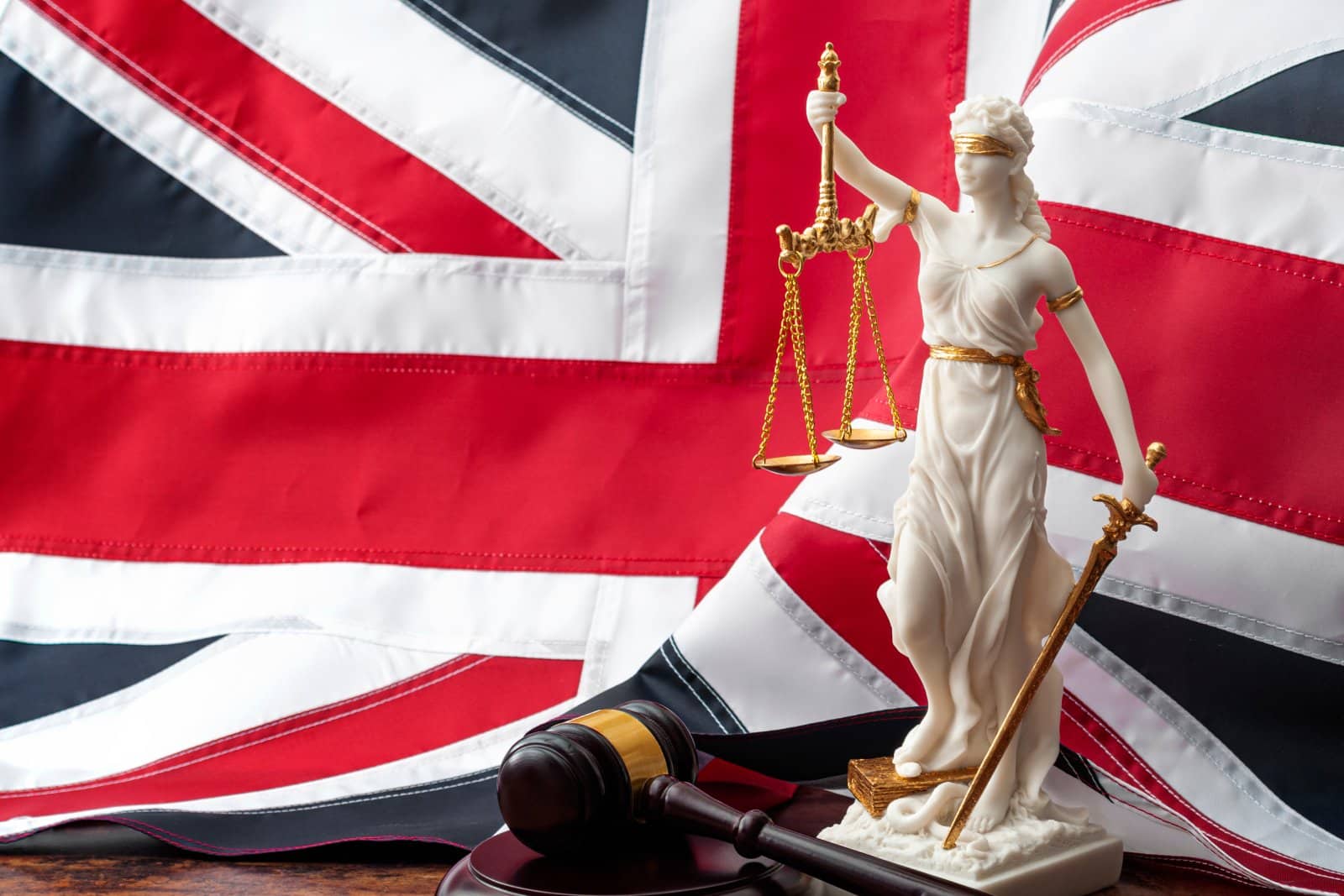
The discussion around online content regulation is closely linked to the ongoing debate over the Online Safety Bill, expected to come into force later this year. The bill would allow the government to punish social media companies that don’t do enough to regulate extremist content online.
Strengthening the Bill
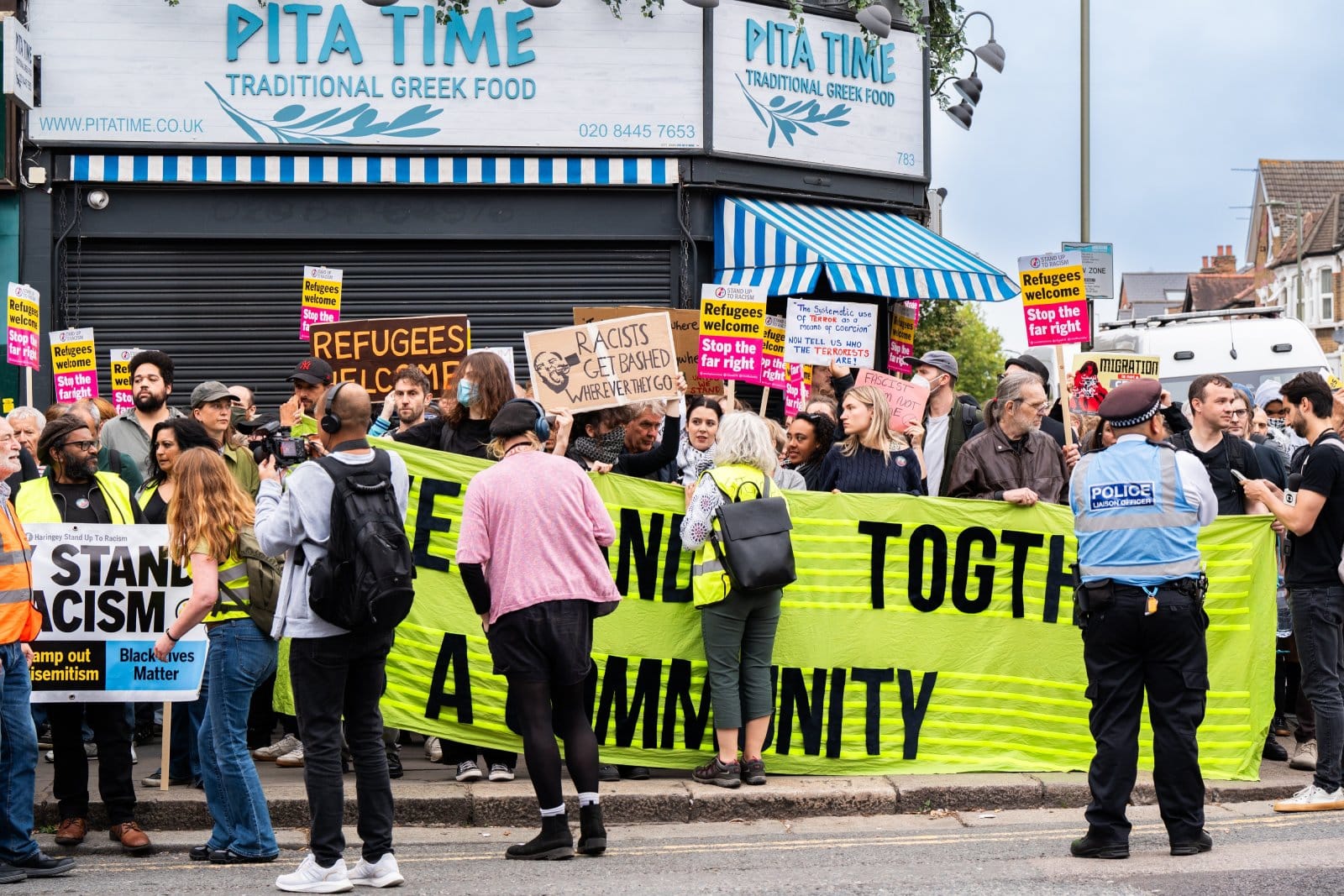
The far-right riots that recently swept the country have further fueled calls for strengthening the bill.
Will It Be Enough?
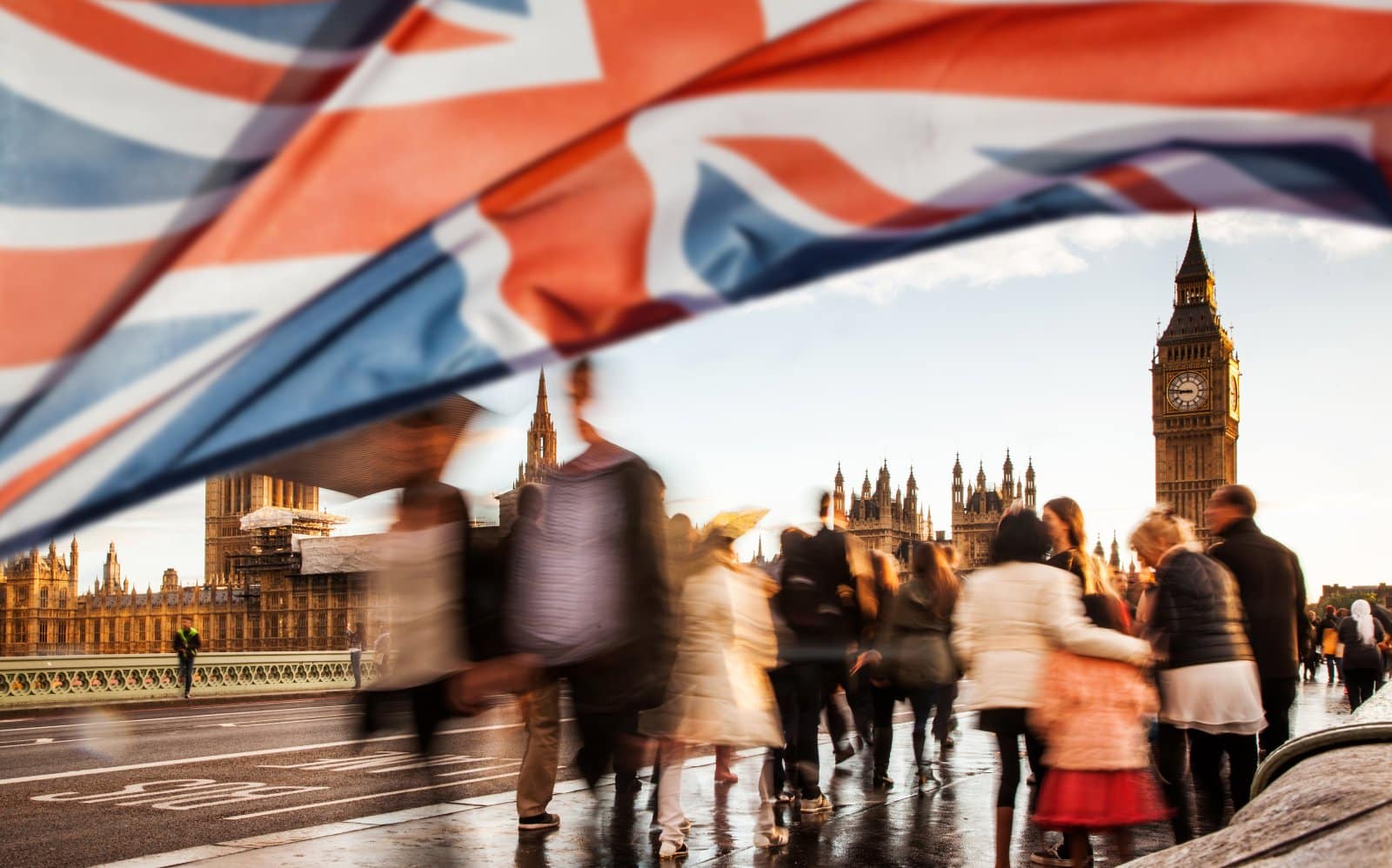
However, it remains to be seen whether the government’s new counter-extremism strategy, along with the possible strengthening of the Online Safety Bill, will be enough to face the growing challenge posed by extremist ideologies both online and offline.
The Great Escape: Wealthy Brits Flee to Dodge Labour Taxes
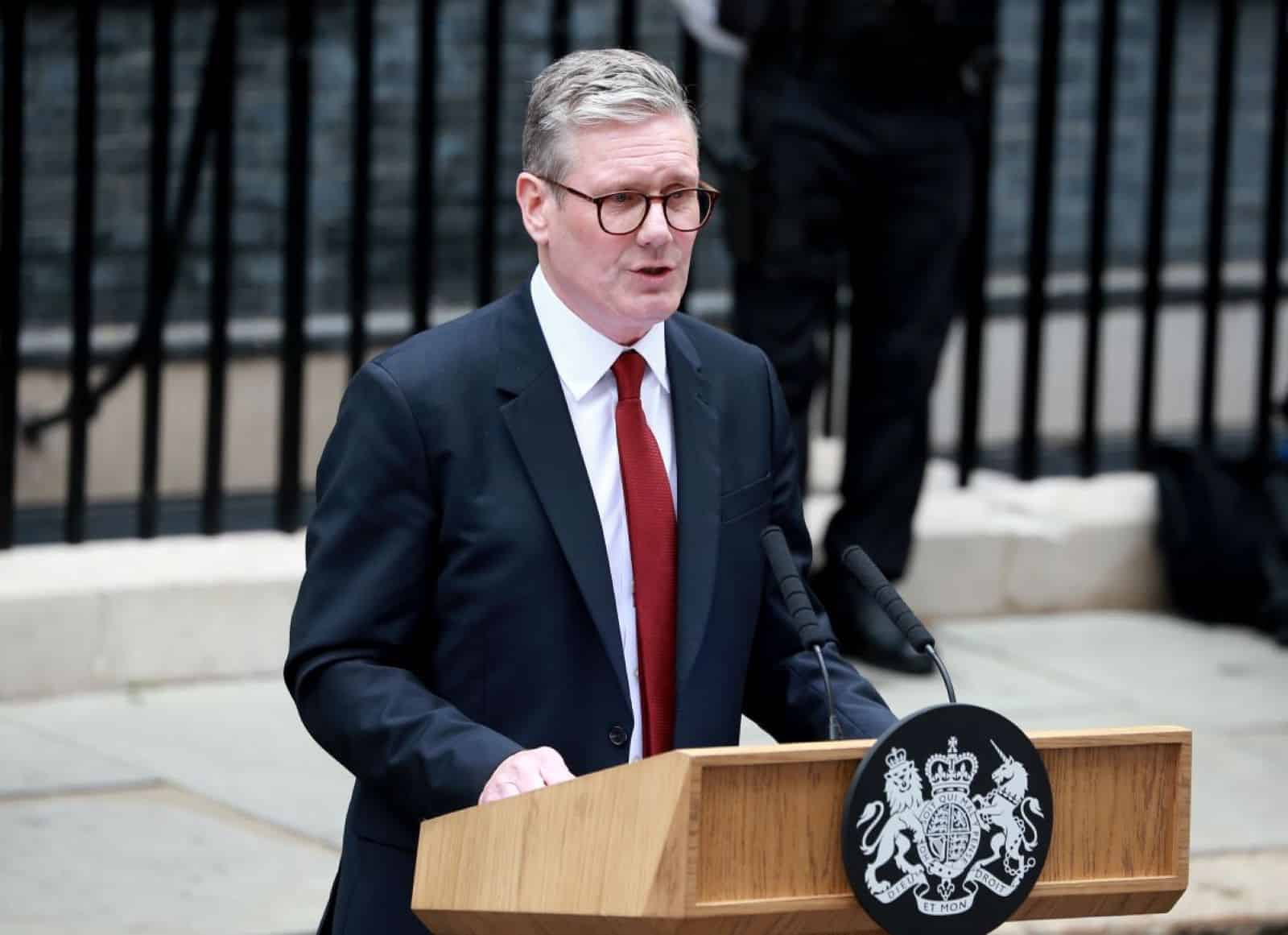
As the UK prepares for potential tax reforms, the wealthy flee in droves to avoid paying their fair share, sparking a contentious debate over tax avoidance and economic unfairness. Here’s the full story. The Great Escape: Wealthy Brits Flee to Dodge Labour Taxes
20 Signs Millennials Are Rejecting the UK’s Woke Culture

Are Millennials across the UK starting to question the pervasive ‘woke’ culture? As they navigate an increasingly complex social and economic landscape, many are seeking more practical, nuanced approaches. 20 Signs Millennials Are Rejecting the UK’s Woke Culture
New Era: Labour Enforces Strict Immigration Control With Deportations and Convictions

More than 40 criminals and migrants are sent back to Vietnam and Timor-Leste. It’s a victory as a UK-based criminal gang is sentenced. Here’s the story. New Era: Labour Enforces Strict Immigration Control With Deportations and Convictions
Featured Image Credit: Shutterstock / Gorodenkoff.
The images used are for illustrative purposes only and may not represent the actual people or places mentioned in the article.

